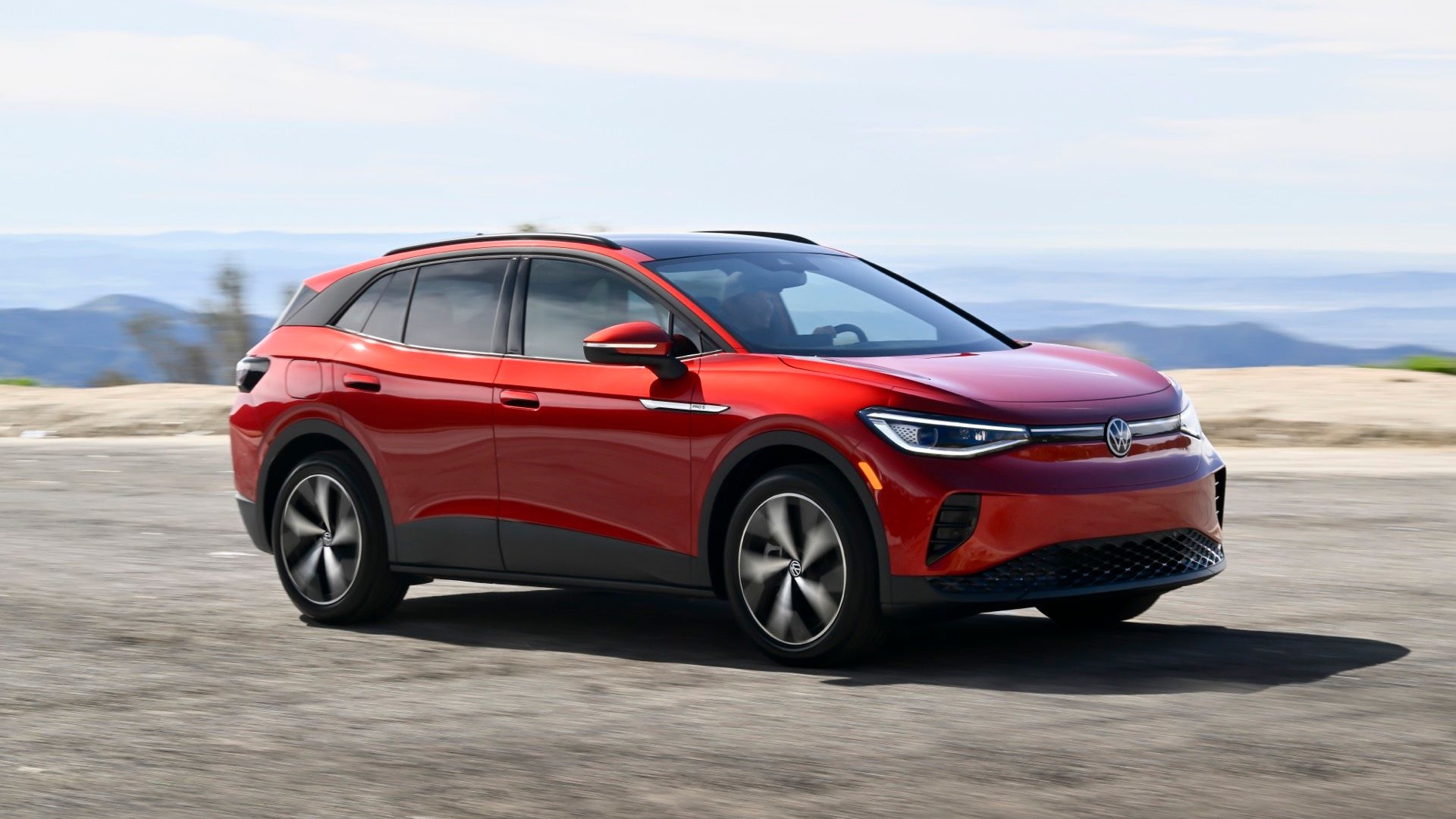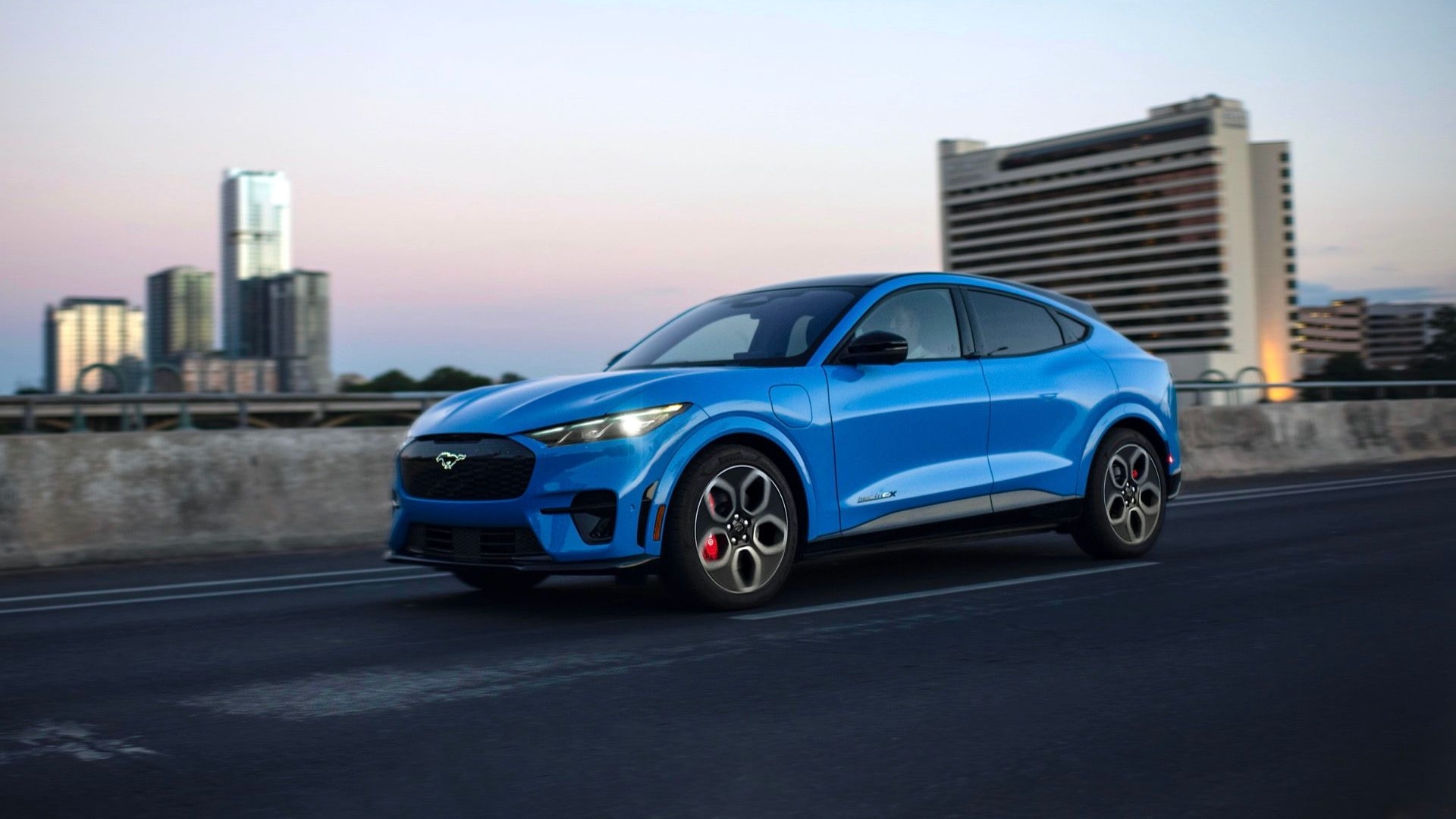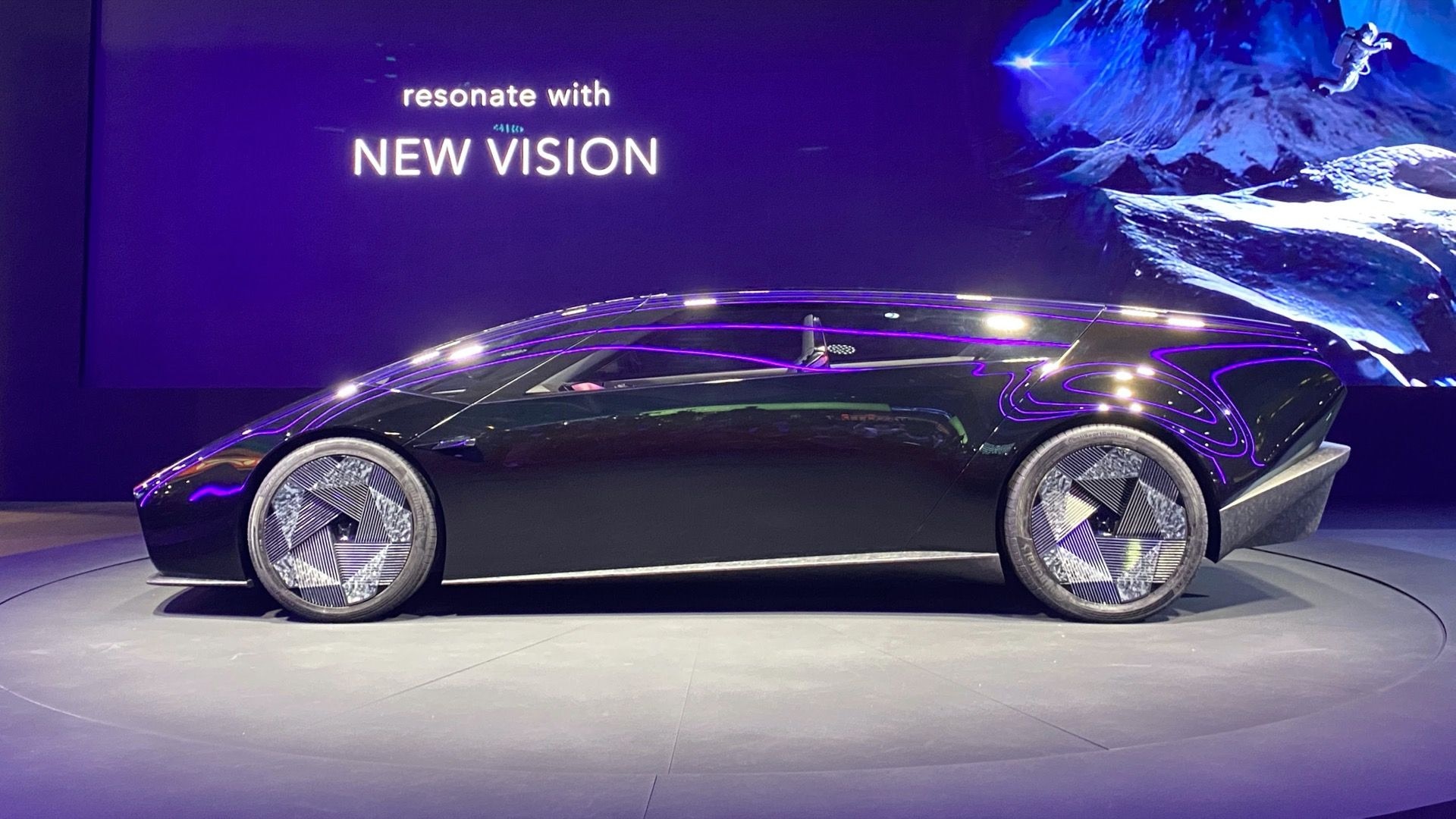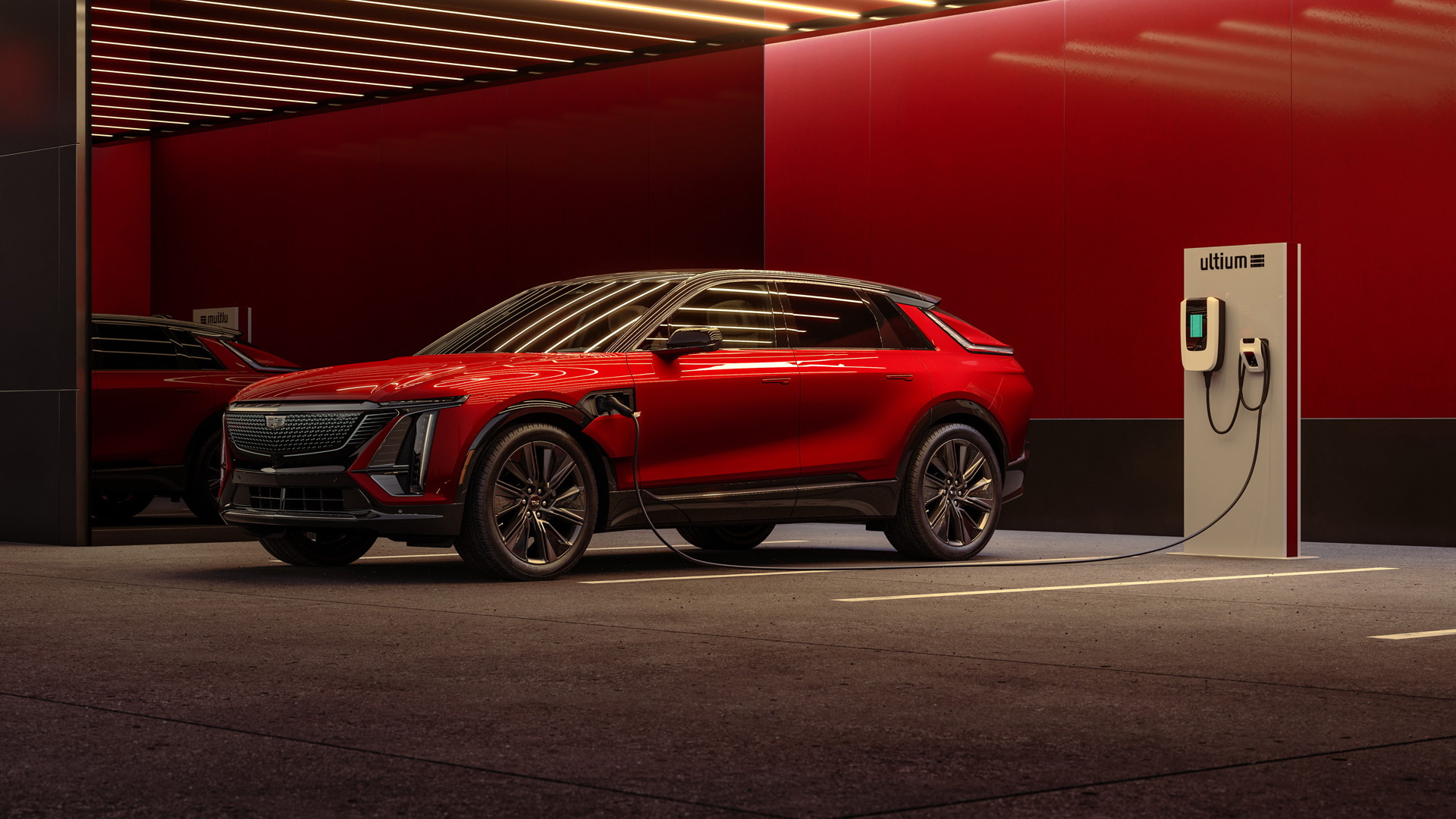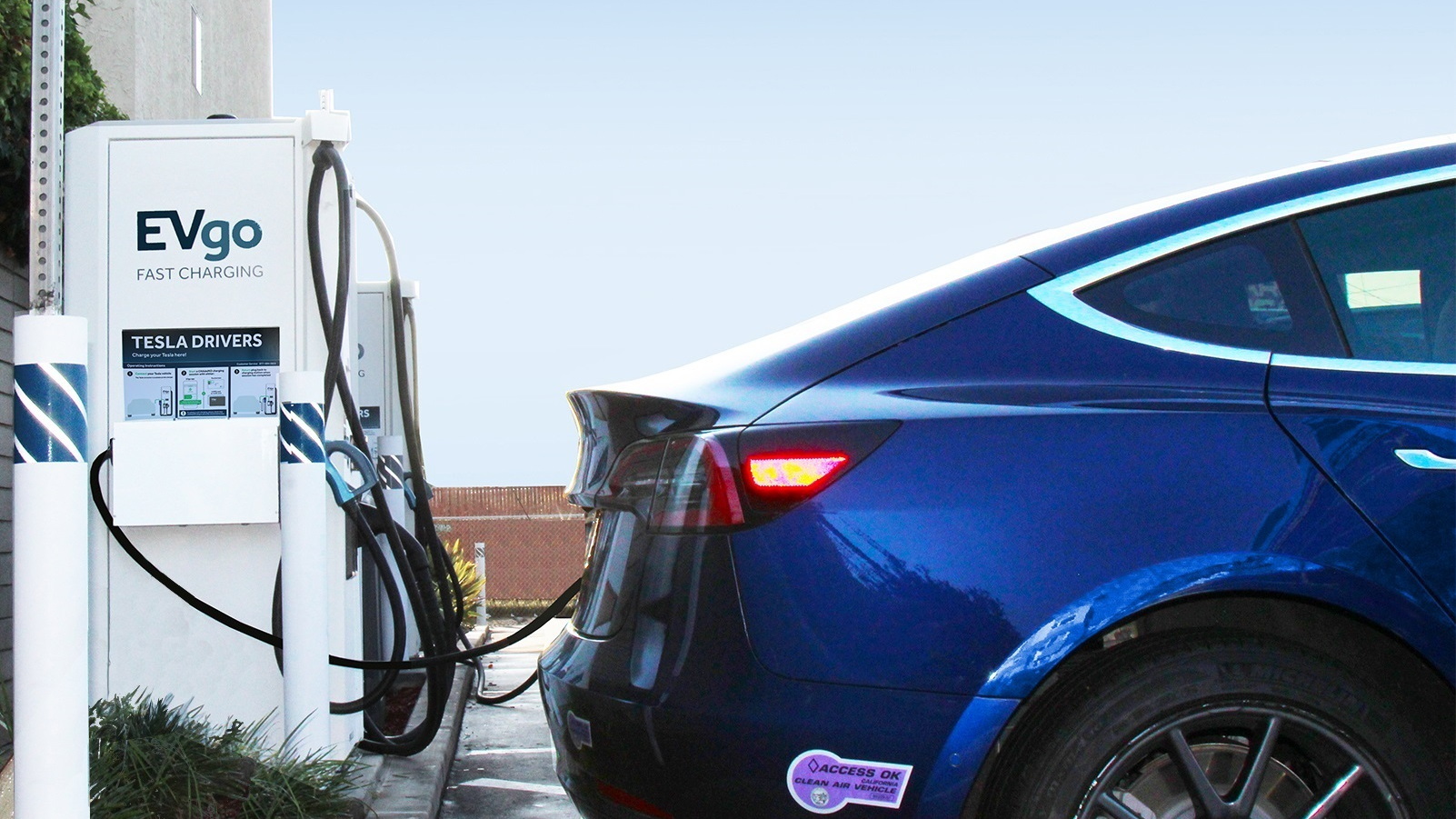Chrysler is the latest carmaker to add start-stop systems to some of its cars, another step in ongoing efforts to improve their fuel economy.
The Michigan automaker, now owned by Italy's Fiat, will offer the system as standard equipment on certain models of the 2015 Chrysler 200 sedan and Jeep Cherokee crossover utility.
DON'T MISS: 2014 Jeep Cherokee Limited 4X4: Gas Mileage Test With V-6
Chrysler 200 buyers who want start-stop will have to opt for the 2.4-liter "Tigershark" four-cylinder engine, while the feature will be paired with the 3.2-liter Pentastar V-6 in the Jeep Cherokee.
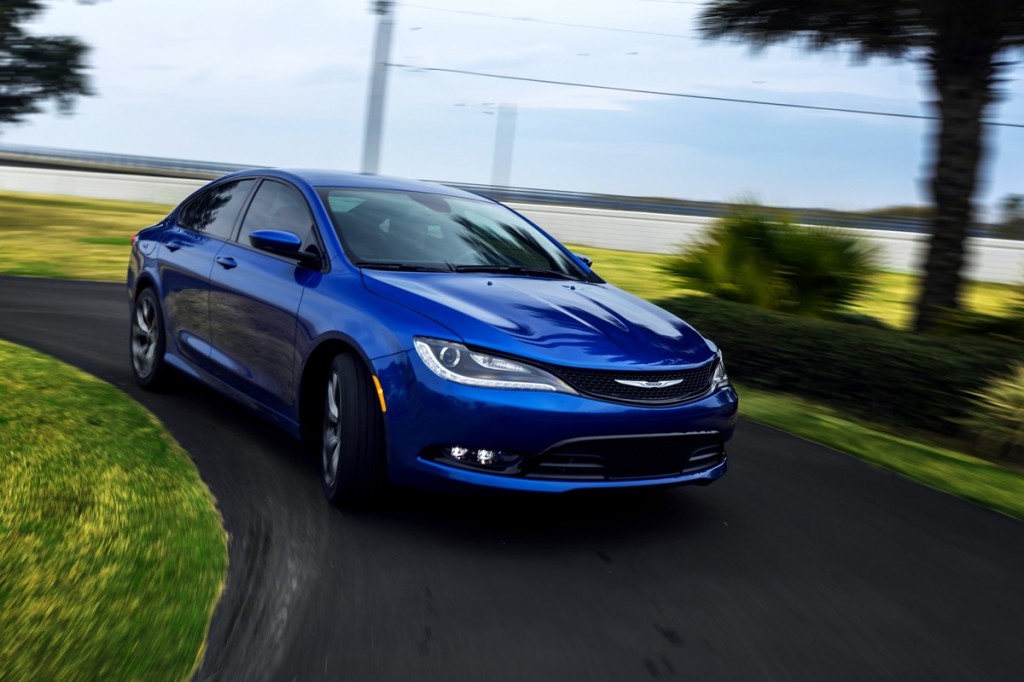
2015 Chrysler 200
In both vehicles, Chrysler expects gas-mileage improvements of up to 3 percent, with a consequent 3-percent reduction in CO2 emissions.
Start-stop will be available in the third quarter of 2014 on the Cherokee, with the 200 adding the feature in the fourth quarter.
Chrysler's deployment of fuel-saving technology will likely ramp up from here, with a mild-hybrid powertrain based around the successor to the current Tigershark engine expected to debut in 2017 or later.
ALSO SEE: 2015 Chrysler 200: 36 MPG Highway Tops Fusion, Camry
Called BSG--for "Belt-Starter-Generator"--the system will provide an electric boost for smaller engines but, like other mild hybrids, likely won't be able to propel a car on electric power alone.
Ram 1500 Plug-In Hybrid pickup truck and Chrysler Town & Country plug-in hybrid minivan, April 2012
Chrysler will also launch a plug-in hybrid minivan and large SUV beginning in 2016, although the company says these models will exist only to comply with emissions regulations, and will be built in small numbers.
As for advanced powertrains, Chrysler has said hydrogen fuel cells are "not commercially viable"--even though Hyundai, Toyota, and Honda will launch small batches of fuel-cell cars over the next two years.
The company is equally skeptical of battery-electric cars, which it previously said were "overblown by the media."
Electric cars or not, Chrysler's green-car strategy will have to help the carmaker meet stricter Corporate Average Fuel Economy (CAFE) standards, which will require a 54.5 mpg fleet average by 2025. That translates to about 42 mpg on the window sticker.
_______________________________________________







